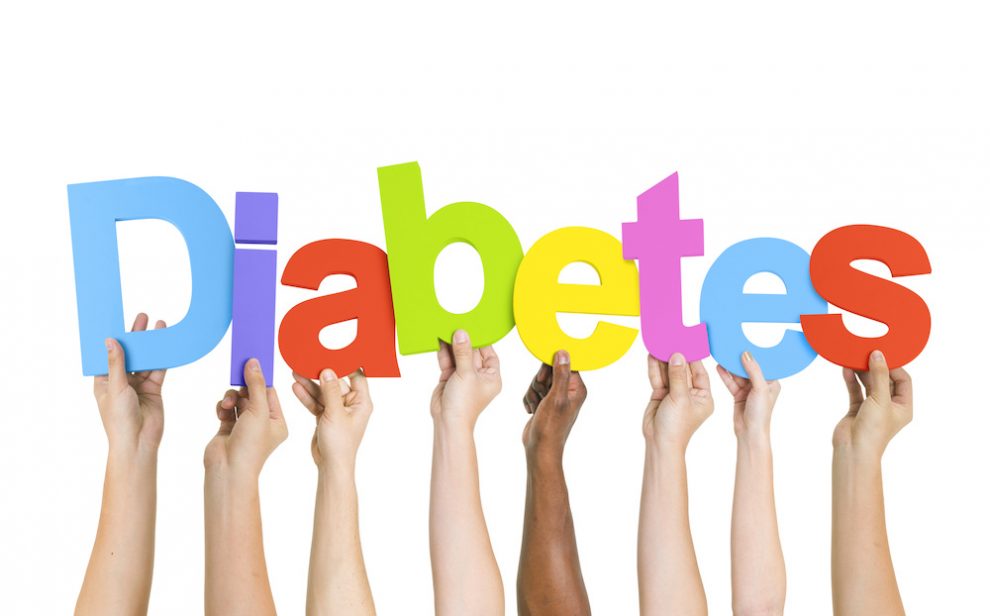It is about time we were serious about preventing diabetes and its complications, writes Nutritional Medicine Practitioner and Holistic Counsellor, Fiona Kane
The 2020 Australian of the Year is Dr James Muecke an Ophthalmologist who has stated he is going to use the platform provided to him by winning this award to raise awareness about the harms of sugar and highly processed carbohydrates, in particular relating to the management of Type 2 Diabetes.
READ MORE ARTICLES ON PREVENTING DIABETES: Low-cal diet ‘can reverse Type 2 diabetes’
This is great news as for many years now, we have been following the “fat is bad” mantra in nutrition which has had dire results. We now know that natural fat (found in dairy, eggs and meat) is not the problem; unfortunately nutrition advice changes at a snail’s pace so this message isn’t filtering all the way through to the public. When fat is removed from a product it loses its flavour so more often than not the fat is replaced with sugar to make it palatable. In encouraging diabetics to eat a low fat diet we have actually been pushing them towards high sugar and carbohydrate foods. The results of this advice are pretty clear, diabetes affects about one in 10 Australians and is the fastest-growing cause of blindness in Aboriginal people, and the sixth-biggest killer in the country.
Diabetes Australia’s website states that: “Diabetes is the epidemic of the 21st century and the biggest challenge confronting Australia’s health system. Around 1.7 million Australians have diabetes. This includes all types of diagnosed diabetes (1.2 million known and registered) as well as silent, undiagnosed type 2 diabetes (up to 500,000 estimated).” Blindness is just one of the many complications of diabetes that as an eye surgeon, Dr Muecke sees in his practice.
I agree with Dr Muecke when he says “what we should be doing is going right back to the start and saying what’s causing type 2 diabetes – and that it’s a dietary disease due to consumption of too much sugar and refined carbohydrates in processed food.”
After years of pressure to review their nutrition recommendations, in August 2018 Diabetes Australia produced a Position Statement on Low Carbohydrate Eating for people with diabetes. They now acknowledge that low carbohydrate diets are a good way of managing diabetes, just stating that it is not good long term. This is rather confusing, manage your diabetes well and once you are doing that begin mismanaging it again! Along with the Dieticians Association of Australia (DAA), they are still advising people to eat so called healthy carbohydrates such as breakfast cereal, pasta and bread, up until last year the DAA were sponsored by many food companies including cereal companies, they regularly recommend breakfast cereal, which is a big hit of carbohydrates (carbohydrates are glucose in the blood stream) – this will cause a spike in your blood glucose levels which is definitely not good for people with diabetes. These regular blood sugar spikes are the cause of the complications in diabetes including damage to the vision.
In a January 2020 podcast interview the CEO of the American Diabetes Association; Tracy Brown said she successfully manages her own type 2 diabetes, and has come off all her insulin and three other medications, by avoiding sugar and carbohydrates. Brown, who took over the helm of the organization in 2018, is the first head of the ADA in its 80-year history to actually have diabetes.
Diabetes is essentially a disease that reduces the ability/or prevents the ability of your body to metabolise carbohydrates. Kind of like carbohydrate intolerance, so it does not make sense to tell people who are intolerant to carbohydrates to eat more, and that is exactly what many nutrition authorities have been doing for a long time. Carbohydrates all become glucose in the body regardless of if it is a bowl or sugar or a bowl of cereal.
I agree with Dr Muecke when he says that sugar is “as addictive as nicotine” and that consumers were “constantly bombarded by advertising” that, along with the high level of added sugar in processed foods, made it “very difficult” to maintain a healthy diet.
Many of us don’t know how much sugar we actually eat because it is hidden in 75% of our packaged foods. We need more awareness about where sugar is hidden, food companies need to be held more accountable for how much sugar they put in products and using misleading advertising to trick us into thinking their sugar laden products are healthy.
I am really looking forward to 2020 being a year when Australia finally wakes up and begins to take real action to prevent and treat diabetes.
References:
August 2018 Position Statement on Low Carbohydrate Eating for people with diabetes: https://static.diabetesaustralia.com.au/s/fileassets/diabetes-australia/8b4a8a54-f6b0-4ce6-bfc2-159686db7983.pdf
Saturated fat does not clog the arteries: coronary heart disease is a chronic inflammatory condition, the risk of which can be effectively reduced from healthy lifestyle interventions, British Journal of Sports Medicine, volume 51, issue 15, 2016. https://bjsm.bmj.com/content/51/15/1111
Full Fat Dairy may actually benefit your health, Medical News Today, 13 July 2018, Ana Sandoiu: https://www.medicalnewstoday.com/articles/322452.php#5





















Add Comment